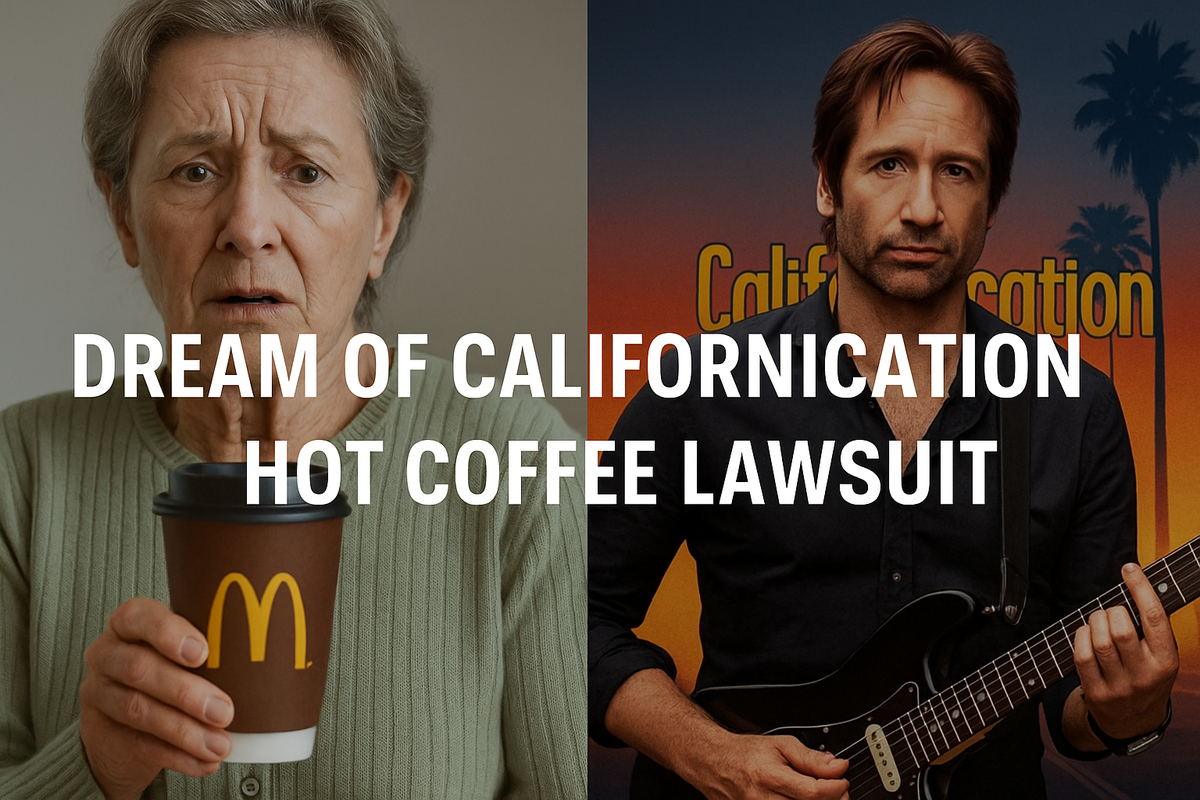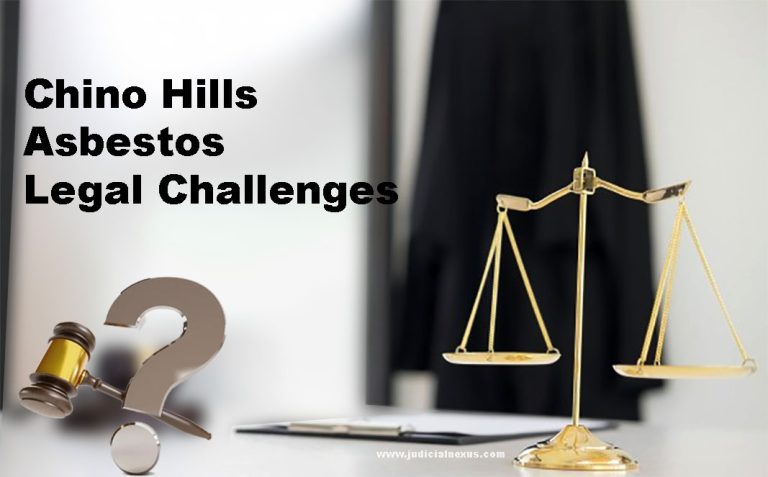You may wonder how a lawsuit and a rock song connect. The dream of a Californication hot coffee lawsuit blends two powerful forces—popular culture and legal controversy. One side shows corporate carelessness, and the other exposes cultural distortion. Both reveal uncomfortable truths.
In 1992, a woman spilled hot coffee on herself. Her case changed the law. Years later, a song called “Californication” criticized fake dreams and media illusions. These moments, though separate, tell the same story. They show how systems fail and how people suffer. They show how headlines hide deeper problems.
You shouldn’t view this as entertainment or just another news story. You should see it as a warning. This article explores the lawsuit’s true events, the meaning of the song, and how media shaped everything. The dream of Californication hot coffee lawsuit reminds us that truth often hides behind laughter—and power chooses what gets remembered.
How Did the Dream of Californication Hot Coffee Lawsuit Begin?
You should understand the facts before forming opinions. The dream of Californication hot coffee lawsuit began long before social media.
Who Was Stella Liebeck and What Happened to Her?
In 1992, Stella Liebeck, 79, spilled hot McDonald’s coffee on her lap. She wasn’t driving. She sat in a parked car. The coffee caused third-degree burns. Medical records proved her skin needed grafts. She stayed in the hospital for eight days.
The temperature of the coffee was 180 to 190 degrees Fahrenheit. That was far hotter than normal home-brewed coffee. McDonald’s served it that way by design. This detail shaped the entire case.
Why Did Stella Liebeck File the Lawsuit?
You may ask why someone sues over coffee. The answer is not greed. It is harm and neglect.
Did Liebeck Want Millions of Dollars?
No. Liebeck asked for $20,000 to cover medical costs. McDonald’s offered only $800. She had no choice but to go to court. The jury awarded $200,000 in damages, reduced to $160,000. Punitive damages reached $2.7 million. A judge later lowered that to $480,000. According to court records, McDonald’s had more than 700 prior complaints about hot coffee burns. They ignored them. That fact changed how the jury saw the case.
What Did the Public Think About the Case?
You may remember the headlines. Most of them mocked the lawsuit. Few shared the facts.
Did People Understand the Real Story?
No. Media distorted it. Late-night shows joked about it. The case became a punchline. Few knew about the skin grafts. Few knew she was not driving. Most people thought it was about greed. A 2011 HBO documentary showed how little the public knew. That misunderstanding still shapes views on personal injury law today.
What Does the Song ‘Californication’ Really Mean?
The dream of Californication hot coffee lawsuit also ties to music. You should understand the message behind the song.
Did the Song Criticize the American Dream?
Yes. Released in 1999, “Californication” by the Red Hot Chili Peppers showed how Hollywood sells illusions. It exposed a darker truth. It warned people about chasing lies dressed as dreams. Anthony Kiedis said the title came from blending “California” and “fornication.” It symbolized media selling fantasy. The lyrics questioned fame, false beauty, and shallow values.
How Are the Song and the Lawsuit Connected?
The dream of Californication hot coffee lawsuit reflects two cultural critiques. One legal, one lyrical.
Do They Both Expose System Failure?
Yes. The lawsuit exposed corporate negligence. The song exposed media distortion. Both showed how truth is buried beneath performance and profit. These stories reflect the same warning. Don’t trust the surface. Dig deeper. Question what you are told.
Why Did the Dream of Californication Hot Coffee Lawsuit Spark Debate?
After the lawsuit, politicians and media pushed a new idea—tort reform. You should understand what that means.
What Is Tort Reform and Why Was It Popular?
Tort reform limits lawsuits and reduces damages. After Liebeck’s case, lawmakers used it to argue that people abused the legal system. They used her case as proof.
Most of those claims were false. According to the Center for Justice & Democracy, only 1 in 10 injured people even files a lawsuit. Most cases settle quietly. Yet her case was used to rewrite court rules.
How Did Media Affect Public Opinion?
You should always ask who tells the story. That question matters in law and music.
Did the Media Get the Case Wrong?
Yes. Most news clips ignored medical evidence. They laughed at Liebeck. Research from the Yale Law School Media Freedom Project showed only 4% of reports used injury photos. Without pictures, audiences missed the truth. They believed the spin, not the facts.
How Does Corporate Power Shape Public Belief?
You must understand control. The dream of Californication hot coffee lawsuit shows how power tells the story.
Do Corporations Influence Media and Legal Perception?
Absolutely. McDonald’s used PR to frame the case. Hollywood sells dreams to make money. Both use media to shape belief. When you hear only one side, the system wins.
Ask yourself: who benefits from confusion? The answer is clear. Power protects itself.
How Did This Case Change Laws and Labels?
Even without full justice, the lawsuit caused real change.
Did Companies Respond to the Case?
Yes. Many lowered coffee temperatures. Some added larger warning labels. Courts also began to review injury claims more cautiously.
Legal textbooks now include the case. It became more than a story—it became a legal standard.
What Can You Learn from the Dream of Californication Hot Coffee Lawsuit?
You can still take real lessons from this story.
What Should Consumers Do?
Know your rights. Ask questions. Take photos if injured. Seek legal help when needed. Don’t trust labels blindly. Legal experts suggest documenting everything after harm. That includes medical reports, receipts, and witness names.
How Should You Think as a Media Consumer?
You should read carefully. You should verify information. Headlines are not facts.
Can You Protect Yourself from Media Spin?
Yes. Read multiple sources. Look for patterns. Use tools like NewsGuard. Organizations like Media Literacy Now teach these skills. Smart readers stay informed.
What Does This Case Say About Truth and Justice?
The dream of Californication hot coffee lawsuit shows that truth and justice don’t always travel together.
Do You Always Hear the Whole Story?
No. Often, you hear the version that protects money, not people. This case reminds you to ask better questions—and demand better answers.
Comparing the Cultural and Legal Impact
| Element | Lawsuit | Song |
|---|---|---|
| Theme | Corporate negligence | Media illusion and exploitation |
| Trigger Event | Hot coffee burns and ignored warnings | Rise of fake dreams in Hollywood |
| Public Reaction | Mockery, misunderstanding | Popularity, but misinterpreted lyrics |
| Lasting Influence | Legal reform, label changes | Media studies, influencer culture critique |
| Core Message | Justice often buried by PR | Fame distorts reality and truth |
FAQs About the Dream of Californication Hot Coffee Lawsuit
What is the dream of Californication hot coffee lawsuit?
It refers to the cultural and legal overlap between a famous lawsuit and a critical song.
Did Stella Liebeck win the case?
Yes. She won compensation for severe injuries. The court agreed McDonald’s was negligent.
Was the lawsuit really about greed?
No. It was about medical bills, third-degree burns, and corporate carelessness.
What did the song ‘Californication’ criticize?
It exposed media lies, false dreams, and the cost of chasing fame.
Did the lawsuit change any laws?
Yes. It sparked tort reform debates and pushed companies to label products more clearly.
Why did media mislead the public?
Short headlines sell. Detailed truth does not. Most outlets simplified the case unfairly.
What does this case teach us today?
Always verify information. Protect yourself. Know the law. Question corporate storytelling.
Where can I learn more?
Check legal resources like Justia, the Center for Justice & Democracy, and HBO’s Hot Coffee documentary.
Conclusion
You now understand the truth behind the dream of Californication hot coffee lawsuit. It wasn’t just about a spill or a song. It was about control, justice, and who gets to tell the story.
Stella Liebeck’s case revealed how corporations can fail their customers. The song “Californication” warned how media distorts everything. Together, these moments reflect one larger truth: what we believe is shaped more by spin than fact.
This case changed how laws are written, how media is consumed, and how we view the word “justice.” You should never stop asking hard questions and never let headlines decide truth. You should never ignore power’s influence.
In the end, it’s not just about coffee or California. It’s about you. Your rights, mind and future.
Stay aware, Stay informed, Stay skeptical.




